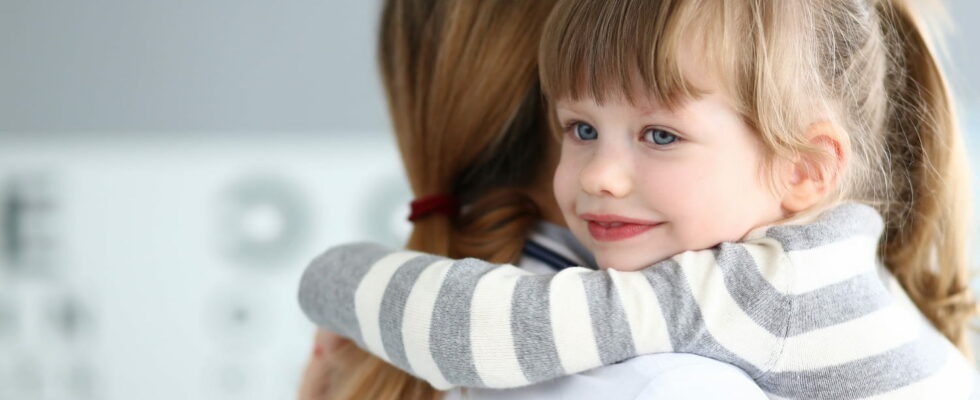Without realizing it, we all tend to use these words to describe our child’s attitude in front of others.
You are invited to a friend’s house and your child struggles to say “hello” or “thank you”, or whispers… And here you are, encouraging him to respond in order to be polite, by explaining to adults that he is “acting shy”. “, that he is impressed by so many people…. As long as he makes a little too much noise or runs everywhere, and he is described as a “real daredevil” or “crazy”! Are you waiting for him in the street and think he is “too slow”?… Whether at the park, at school or in the family, most parents tend to use these adjectives to describe the attitude of their child.
But these innocuous little words are not without consequences, especially in the school context, explains a mother aka @mama.assia on social networks. Indeed, “teachers don’t know your children as well as you do, and you unwittingly give the teacher a label that may stick to your child“, she explains. And adds that “even unconsciously, the teacher risks interpreting your child’s every attitude through this negative filter. Result: your child will have more difficulty feeling valued, encouraged and understood“.
The risk is that in the long term, the child ends up thinking that he is really what his parents describe him to be. “And sometimes, this locks them into an attitude from which they can no longer escape, especially when we say this in front of strangers, friends or parents of students.“, estimates the young mother.
She therefore advises replacing these negative words with other, more positive phrases, for example: instead of calling your child “lazy”, you can simply explain that he needs a little more time in the morning, or that their child prefers to observe before starting… It is therefore better to describe the situation rather than attributing a pejorative character trait to your child.
